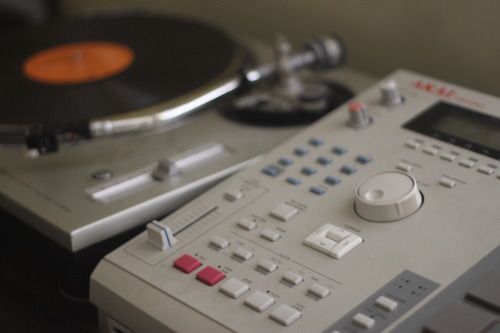Principle Analysis
‘There is very little knowledge and some ambiguity when it comes to determining a fixed rate for damages that must be awarded to an original artist with respect to unauthorized sampling and great improbability when it comes to setting a rate or the value for authorizing and licensing the same.
It is crucial to discuss the same due to the evolving and emerging music industry in today’s debauched and global era where music is effortlessly and extensively available through countless digital platforms.’
A new spin on music sampling : A case for fair play ; Harvard Law Review Vol. 105, No. 3 Jan 1992 pp. 726-744. Read Here
‘To put it simply, when an artist samples music, he/she is re-using a sound recording of the original artist and incorporating the same in a novel manner into their own works. From an extremely narrow perspective this would mean that the work of the original artist is being plagiarised or “copied”. Thus,the issues surrounding the controversial yet fascinating skill of music sampling arise in order to determine and regulate its validity and legitimacy.’ (Carnachan, Rachael, Auckland U. L. Rev. 1039 (1996-1999) Sampling and the Music Industry: A Discussion of the Implications of Copyright Law)
‘The beauty of digital sampling is that it allows the artist to capture previously recorded sounds and merge it in to his own creation. In doing so, the artist creates something entirely novel by amalgamating his invention with another’s. Digital sampling can result in numerous legal problems. For example; many scholars and law reviews have previously pointed out that music sampling would comprise copyright infringement.
The counter argument to the same would be that sampling is subjective and if in one instance it could lead up to copyright infringement in another it may not necessarily reach the same level of infringement. It may instead constitute minor infringement or no infringement at all; depending on the nature of the facts. Similarly, copyright infringement merely constitutes one of the many legal problems that music sampling imposes on an artist. Other infringement cases can be founded on the principles of misappropriation, unfair competition etc. This in turn is problematic because there is no clear-cut line that can be drawn distinguishing each from one another. (Brown, Jeffrey H, They Don’t Make Music the Way They Used to: The Legal Implications of Sampling in Contemporary Music; 1992 Wis. L. Rev. 1941 (1992). Read Here

‘The claim taken by most musicians and artists is that they are not provided with a reasonable and just compensation in cases of music sampling. It is understood that there is a necessity not just for the element of “fair use” but also for just compensation to be provided to the original composer. There are several problems that must be tackled at trying to arrive to a reasonable method of imposing the same. First, artists believe that by allowing for the licensing of music sampling, musicians will begin to charge an expensive fee because normally, artists sample extremely small portions of music from the original composition.
However, the problem arises when some artists pick up music or vocals from the original which clearly exceed the reasonable limit and in doing so they escape any form of liability.’
Reilly, Tracy L. Debunking the Top Three Myths of Digital Sampling: An Endorsement of the Bridgeport Music Court’s Attempt to Afford Sound Copyright Protection to Sound Recordings, 31 Colum. J.L. & Arts 356 (2007-2008), 31 Colum. J.L. & Arts 356 (2007-2008). Read Here
In accordance with the issue of sampling classical music-
The musical copyright subsists for 95 years in the United States after the death of the artist, after which the work shall enter the public domain. However the sound recording rights persists with the responsible party producing CD’s or digitally profiting of the sale of such work.
Hence if an artist were to chop up segments of these and use them as samples in his own work he may be found to be infringing upon the same rights. However if the artist deciphers and performs the music, either digitally or records an orchestra, he is free to use these works as he deems fit. The issue will receive further clarification through a case law analysis of the copyright principles applied in the next section.
